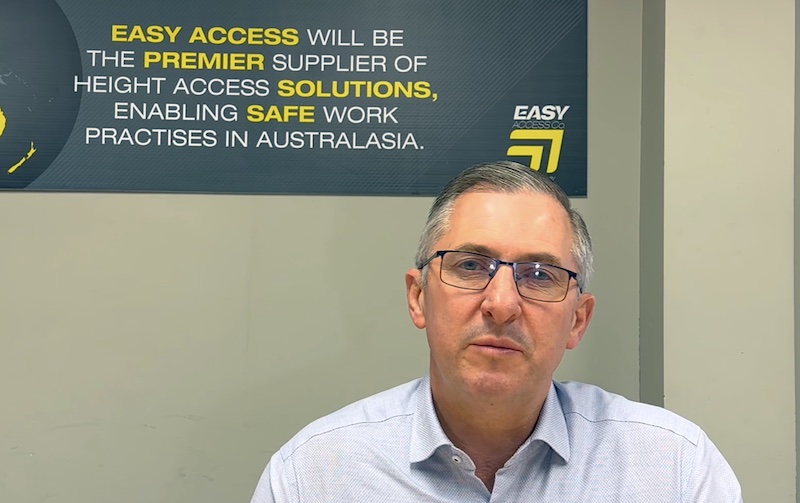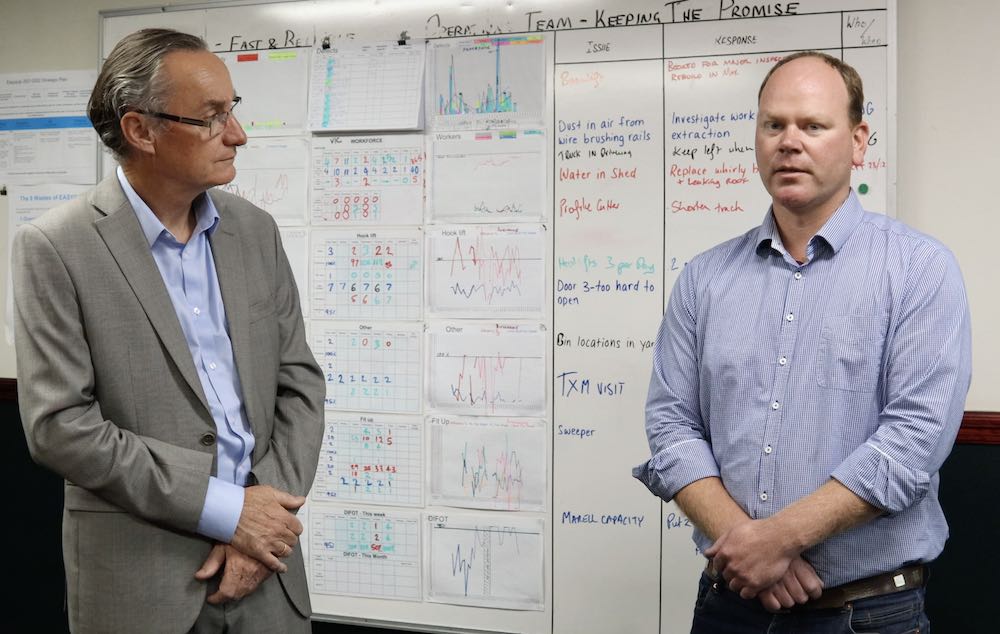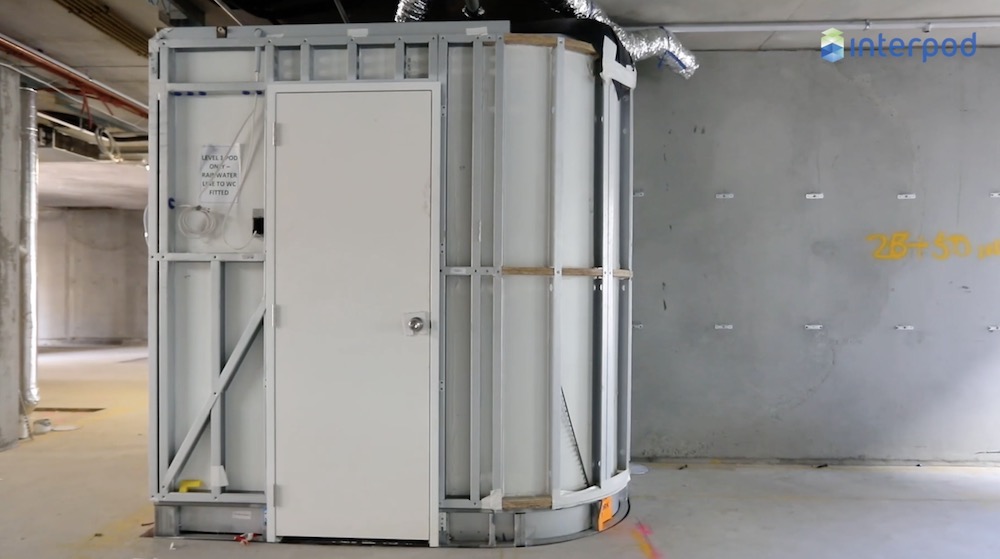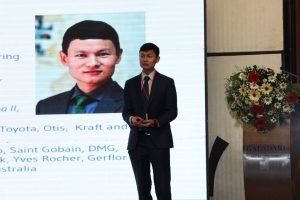
Sri Lanka was the recent location for a Lean Transformation Summit, the first of its kind to be held in this emerging economy on 26-28 September. The Summit theme of “Inculcating Lean Thinking for Better Tomorrow” expresses the wish of Sri Lankan manufacturing businesses to learn about how to apply Lean from the International Lean experts. Lean Experts addressed the Summit from the United Kingdom, Japan, Malaysia, Thailand and India.
International Lean Leader, Justin Tao, TXM Lean Solutions China Consulting Director, addressed the Summit and spoke about how Lean was being applied in the world’s largest manufacturing power, China. Labour costs are rising rapidly in China. As a result, Chinese manufacturers are focused on increasing productivity to offset this rise. Lean is, therefore, being adopted rapidly across Chinese manufacturing.
In Sri Lanka, there is evidence of Lean being adopted by larger companies such as Coca Cola says, Justin. Other businesses are very interested in Lean but still lack knowledge. Justin Tao ran a pre-summit workshop on Applying Lean thinking in the Office and Service. This was attended primarily by managers from Human Resources, Finance and Information Technology who were all eager to learn about lean concepts.
We all know that Lean is a great tool for improving manufacturing processes through the elimination of wastes. However, service industries make up more and more of the economic output, and even in manufacturing businesses the majority of costs and much of the value creation is now to be found away from the factory floor. Therefore, applying Lean away from the factory floor, like in the office and service sector, is becoming more and more relevant says Justin.
Justin’s workshop introduced principles of Lean office, three wastes in business process (boundaries, knowledge and timing), Lean tools for Lean office. He provided key learnings from case studies in sales back office, sales, finance, engineering, IT, new product introduction, Law firm and a bakery. He also provided a valuable insight into how to innovate business process with Lean when applying it in unconventional situations.
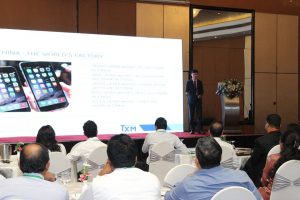
While there was much enthusiasm for Lean knowledge and practice, Justin believes that their greatest barrier to Lean implementation in Sri Lanka at the moment is that they can’t get employees capable of doing this work. There is a feeling amongst Sri Lankan businesses that they need to be trained in Lean before they are able to apply the practices in the workplace says, Justin.
The Sri Lankan manufacturing sector is still developing after a long civil war. Justin says goods and services in Sri Lanka are very cheap, but there is a sense of chaos which is reflected in the traffic and the airport which reflects a broader problem with poor infrastructure and lack of effective systems. However, Sri Lankan are naturally helpful people and are willing to improve their processes and services. This is the right attitude, says Justin. Now all they need is the Lean training to get started.


